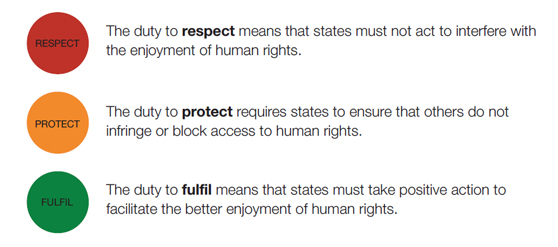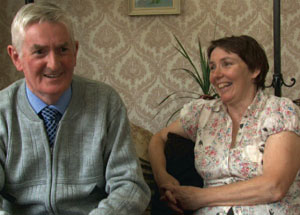What are human rights?
Everyone, everywhere, has basic rights and freedoms, based on our common humanity which we need in order to live together with dignity. These human rights are secured in law.
The law applies to everyone equally and provides an important means of protection for the most vulnerable in our communities, including older people receiving care and support, by setting out the duties owed by those responsible for upholding human rights.

Human rights include civil and political rights, such as:
-
The right to freedom of expression
-
The right to freedom of religion or conscience
-
The right to property
-
The right to freedom of assembly
-
The right to privacy
-
The right to vote.
Human rights also cover economic and social rights, such as:
-
The right to an adequate standard of living
-
The right to adequate food, housing, water and sanitation
-
The rights you have at work
-
The right to health
-
The right to education.
Some of the key rights which might be relevant to you are further examined later in this section.
Human rights create rights and duties. States (national governments) accept duties under international law to respect, to protect and to fulfil human rights. This can be remembered using the traffic lights below:

At the individual level, while we are each entitled to respect for our human rights, we should also respect the human rights of others. Human rights apply regardless of nationality, place of residence, sex, national or ethnic origin, colour, religion, language, or any other status, and they cannot be taken away except in specific, pre-determined situations and according to law.
Also, human rights relate to and depend on each other. For example, it would be hard to exercise your right to freedom of expression without the right to health being fulfilled, and where the right to information is denied this undermines the right to participate in decisions.



